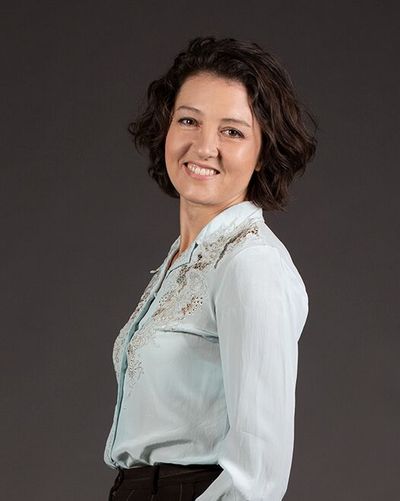Local performance artist Madeline McNeill explores self-healing through song

From premed to philosophy, local performance artist and classically trained opera singer Madeline McNeill has devoted herself to understanding the dichotomy of body and soul.
McNeill began her undergraduate years in premed studies but quickly grew disillusioned.
“I wasn’t happy or healthy,” she said. Three years in, she decided to take a year off to rest and regroup.
Over the course of that year, her whole world shifted.
She started studying alternative medicine and spirituality, but neither proved satisfying. The pain she carried from burnout and overwork wasn’t fading, and she knew that she needed something else.
So, after a little traveling, McNeill “hustled” herself into a voice program at Western Washington University and returned to school determined to study music. She’d never previously studied voice, but her fascination with the physicality of singing pulled her onward through a bachelor’s degree.
The kind of practice regimen a classical voice student maintains is extensive, approaching overtaxing. But it also led McNeill to explore “body healing modalities” like massage and “body mapping.”
“I gave myself a lot of body work, basically, to eliminate my pain but also improve my instrument, which it did,” she said. All of these modalities, she said, bring attention to the structure and musculature of the body.
“There’s a lot of different ways to communicate to people or to a student about,” she said, explaining how often teachers will use emotion and more “poetic suggestions” to explain how a student should produce certain sounds.
But drawing from her background in anatomy and physiology, McNeill wanted to hear about what was happening inside, physically, what the individual muscles were supposed to be doing.
“As I continued to practice, I began to develop that vocabulary for myself,” she said. “So now, when I think about my instrument, I think about the abdominals. I think about the back muscles.
“I think about the intercostals and the diaphragm … all of these individual parts that eventually coordinate together into this is very unusual, interesting and powerful technique.”
Totally focused on that side, she looked back and started thinking about how certain emotions could be physicalized.
“Think about wonder – awe – a map of that would be: soft palette high, the larynx is low, the ribs are expanded, belly and pelvic floor are expanded,” she said. And on the other hand, “Anger is contraction, contraction, contraction.”
“When you shape that with very strong technique, these emotional postures will blend with it to create and shape these emotional states and tones,” she said.
This led her “down a rabbit hole” to the world of embodied cognitive science, “which studies cognition as bodily interactions with the environment” and the idea that “the body forms or shapes the mind.”
This sort of “phenomenology of experience informed by voice training” is the foundation of what she calls “body philosophy.”
She uses this philosophy in self-healing, composition, meditation and performance.
“It’s been a long journey … to embody my voice in its entirety,” she said. “There’s been a lot of ways that I’ve become comfortable, allowed my voice to do what it wants to do.
“And once I learned to do that, then I started to create with an aesthetic that was true.”
An example of McNeill’s work, an operatic art film composed during the coronavirus pandemic, can be found on YouTube under the title “So It Begins – An Opera.” The piece was directed by Rajah Bose and produced by Ellen Picken. A full list of contributors can be found in the video description.